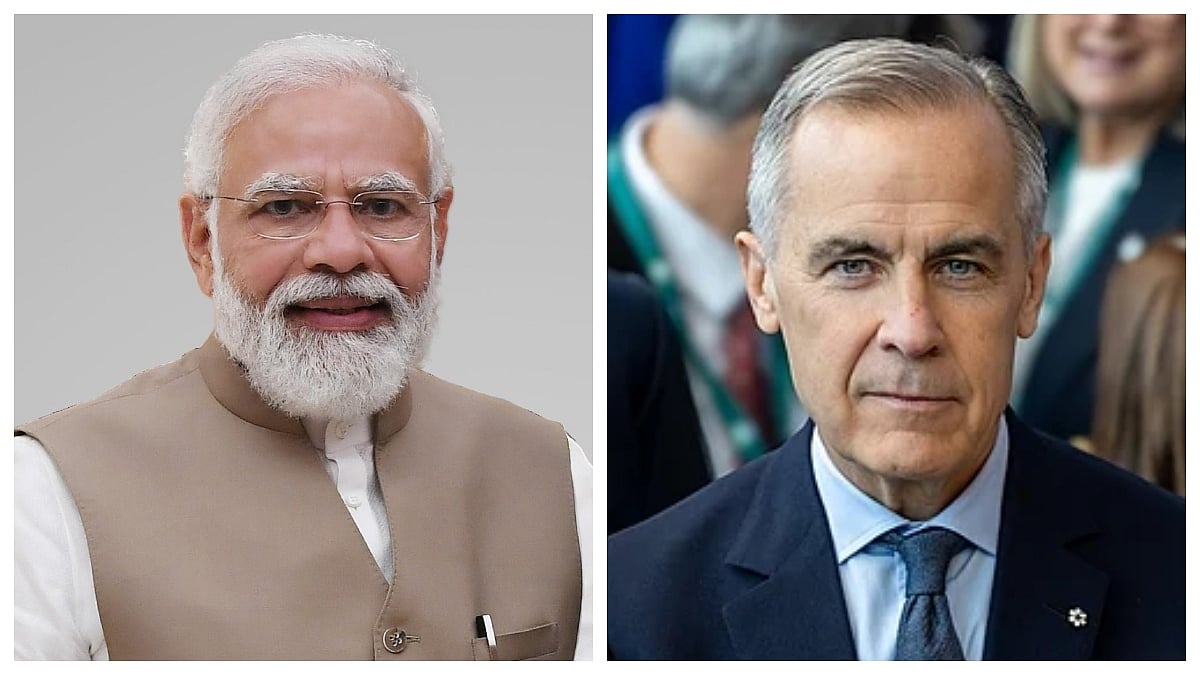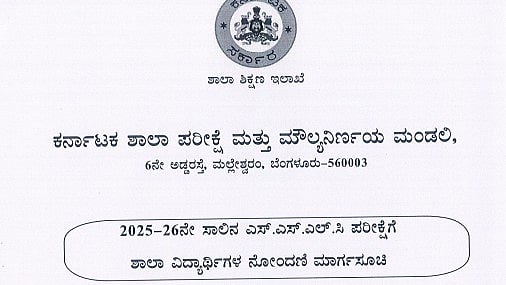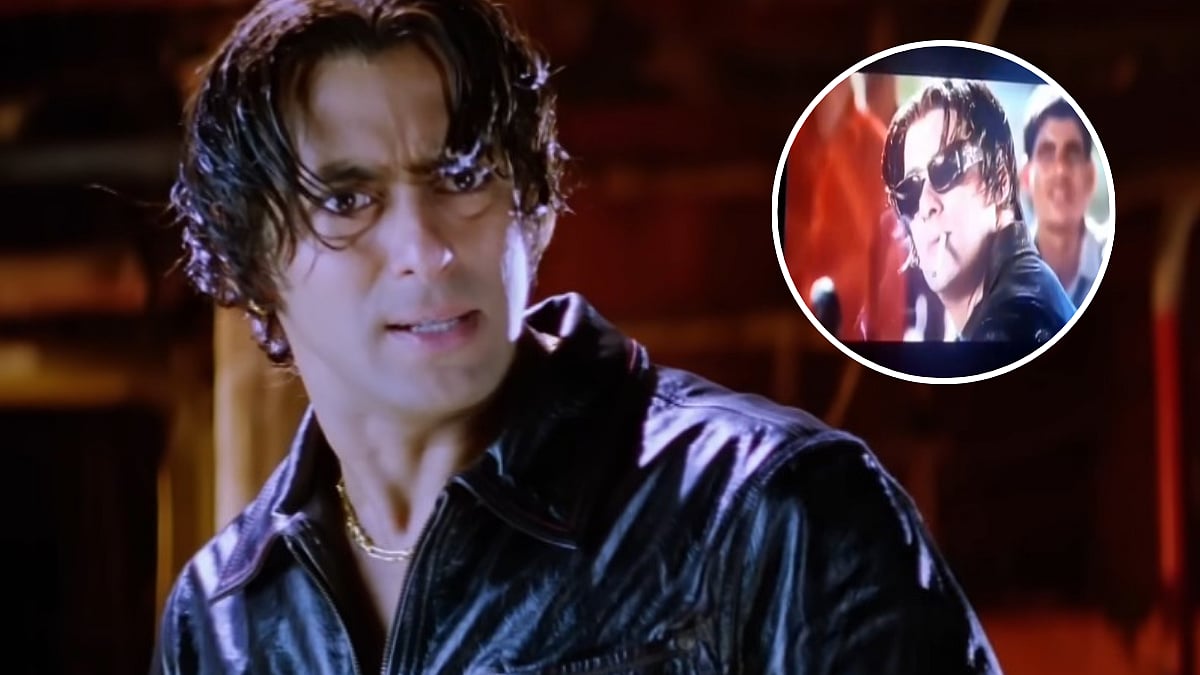Mumbai is a deeply divided and discriminatory city in many ways, but especially so in its housing and spatial layouts. The latest incident from Mulund has brought the conversation back to an old issue all over again. When Trupti Deorukhkar, who was apparently denied space in a cooperative society by Gujaratis in Mulund, went on video to narrate her ordeal, she evoked all the reactions that people in her spot earlier had tried to — and mostly failed. We should be offended and enraged at discrimination, in housing or jobs or education, on the basis of religion, region, language, caste, community, gender, food preferences and so on. As Mumbaikars, we have not been offended enough, not enough of us have expressed our fury at something so obviously wrong.
Deorukhkar’s video, in which she tearfully narrated her story, went viral and immediately brought her support, especially from politicians and particularly those of the Maharashtra Navnirman Sena — something she roundly acknowledged in her follow-up video a day later. In this, she says that she is satisfied because the father-son duo who denied her accommodation were forced to apologise by the MNS men who took up cudgels for her and also because they slapped the son on her behalf. She made it a point in the follow-up video to identify her saviours by name, seemingly reading one after another off a list. Elsewhere, the MNS gloated that only it, and its chief Raj Thackeray, could protect Maharashtrians.
Make of it what you will because this party had, at one time, happily advocated and carried out discriminatory acts against migrants from Bihar and Uttar Pradesh on the basis of their regional identity. How can it both practise discrimination and protest discrimination according to its convenience? But we should allow the MNS, its leaders and cadres, to resolve the inconsistency, if they spot it. The MNS, and for that matter the Shiv Sena, have been caught in a web of inconsistencies at the level of ideology and political affiliations for years now.
Under their watch, even as they repeatedly reminded the world that they were the “protectors” of Maharashtrians or Marathi manoos, the traditional community-dominated areas of Mumbai, Girgaon and Lalbaug-Parel to name only two, have seen demographic transition from the middle and working-class Maharashtrian to upper-class Gujarati-Marwari and other communities who could afford the newly-constructed uber-luxury apartments in these areas. As its political opponents, especially the BJP, has reminded the Thackerays, the number of Marathi medium schools of the Brihanmumbai Municipal Corporation — where the Shiv Sena has been in power for nearly 30 years — declined from 385 in 2012-13 to 272 in 2021-22 with the number of students more than halved. Politics is a part of this narrative of housing discrimination, not its central theme, because politicians cannot be slapping every offender to seek “justice”.
The discrimination is hardly limited to Maharashtrians though they too have had a taste of it; it has been most visibly used against Muslims, single women and men, transgenders, meat-eaters — typically called non-vegetarians, people from UP and Bihar, scheduled castes and tribes. In 2015, a Maharashtrian man was denied an apartment he wanted to buy in Malad because the builder was not selling to “Maharashtrians, Muslims and other non-vegetarian buyers”. Back in 2009, actor Emraan Hashmi had gone public with a similar story where he was denied an apartment because of his religion; celebrated actor Shabana Azmi and lyricist-poet Javed Akhtar had come out with their stories too.
Quantitative analysis is hard to come by but going by anecdotal evidence and media reporting, it is evident that religion has been the dominant factor in this housing discrimination; Muslims have been denied accommodation — on rent and for sale. There are also stories of how Muslim enclaves or Muslim-dominated housing societies have quietly enforced reverse discrimination against others. People from other marginalised communities have gone public with their stories too over the years. This is hardly specific to Mumbai; Delhi, Ahmedabad and Bengaluru are among the cities that have registered similar incidents. When an incident captures public imagination, there tends to be a lot of sound and fury which subsequently ebbs till the next incident happens.
The solution, typically, is sought in law or the absence of a specific no-discrimination legislation. But law cannot resolve people’s bias and prejudice, it does not address their predisposition towards or against another community, and it does not offer ways to mend the social fabric that’s predicated on hierarchy, religion, principles of purity and pollution. For the record, in 2005, the Supreme Court overruled the Gujarat High Court order which had held a Parsi housing society’s rules restricting membership to non-Parsis in Ahmedabad as illegal. There were other cases involving specific communities too such as Chitrapur Saraswats about allowing members of other communities to buy in Talmakiwadi precinct in Tardeo, Asia’s second-oldest cooperative housing society.
Parsis or Chitrapur Saraswats who established such housing societies for their respective communities, and want to preserve their culture or practices given that they are dwindling communities, may even have a point about being careful or restrictive in their spatial use. This, though, does not and cannot apply to cosmopolitan housing societies built on commercial basis by builders — rather than a minority community coming together for the purpose — in which Mumbaikars purchase or lease apartments not on basis of their community identity but other factors such as convenience, affordability, aspiration and so on. The nuance here should not be overlooked.
The SC order of 2005 opened the floodgates for housing societies in cities across India to work into their bye-laws restrictive clauses, but even where such rules are not framed, societies implicitly and quietly practise discrimination on the basis of religion, caste, gender and food preferences. Several societies across Mumbai do not allow sale or lease of apartments to meat-eaters and single persons, especially single women, despite not having rules or bye-laws to the effect. As Hindu majoritarianism hardens its grip, the discrimination against Muslims grows stronger, irrespective of whether housing societies write rules or not.
In 2012, researchers T Vithayathil and G Singh, using Census data, found “high levels of residential segregation by caste in India's seven largest metro cities — Mumbai, Delhi, Kolkata, Chennai, Bangalore, Ahmedabad and Hyderabad. In each of these cities, residential segregation by caste is more prominent than the level of segregation by socio-economic status”. In the segregation index they worked out, Mumbai ranked third behind Kolkata and Hyderabad, but that is hardly a consolation.
Professor Abdul Shaban, urban geographer and economist at the Tata Institute of Social Sciences (TISS), concluded in his paper on the subject: “In a large part of Mumbai, Muslim and non-Muslim areas are highly segregated. In fact, the segregation index, on the basis of religion (Muslim and non-Muslim), is found to be higher than the slum and non-slum divide. Even the slums are divided on the basis of religion…The communal production of spaces not only manifests various forms of injustices but actually produces and reproduces them, and thereby maintains established social relations based on domination and oppression. To bridge these social and spatial divides, the city needs new emancipatory politics.”
That politics is, unfortunately, nowhere on the horizon. Instead, politicians are selective about which discrimination is worth their time. Deorukhkar’s was but we cannot be sure that if a Muslim or Dalit puts out a similar video, her saviours will rush to their defence too.
Smruti Koppikar, senior journalist and urban chronicler, writes extensively on cities, development, gender, and the media. She is the Founder Editor of ‘Question of Cities’






